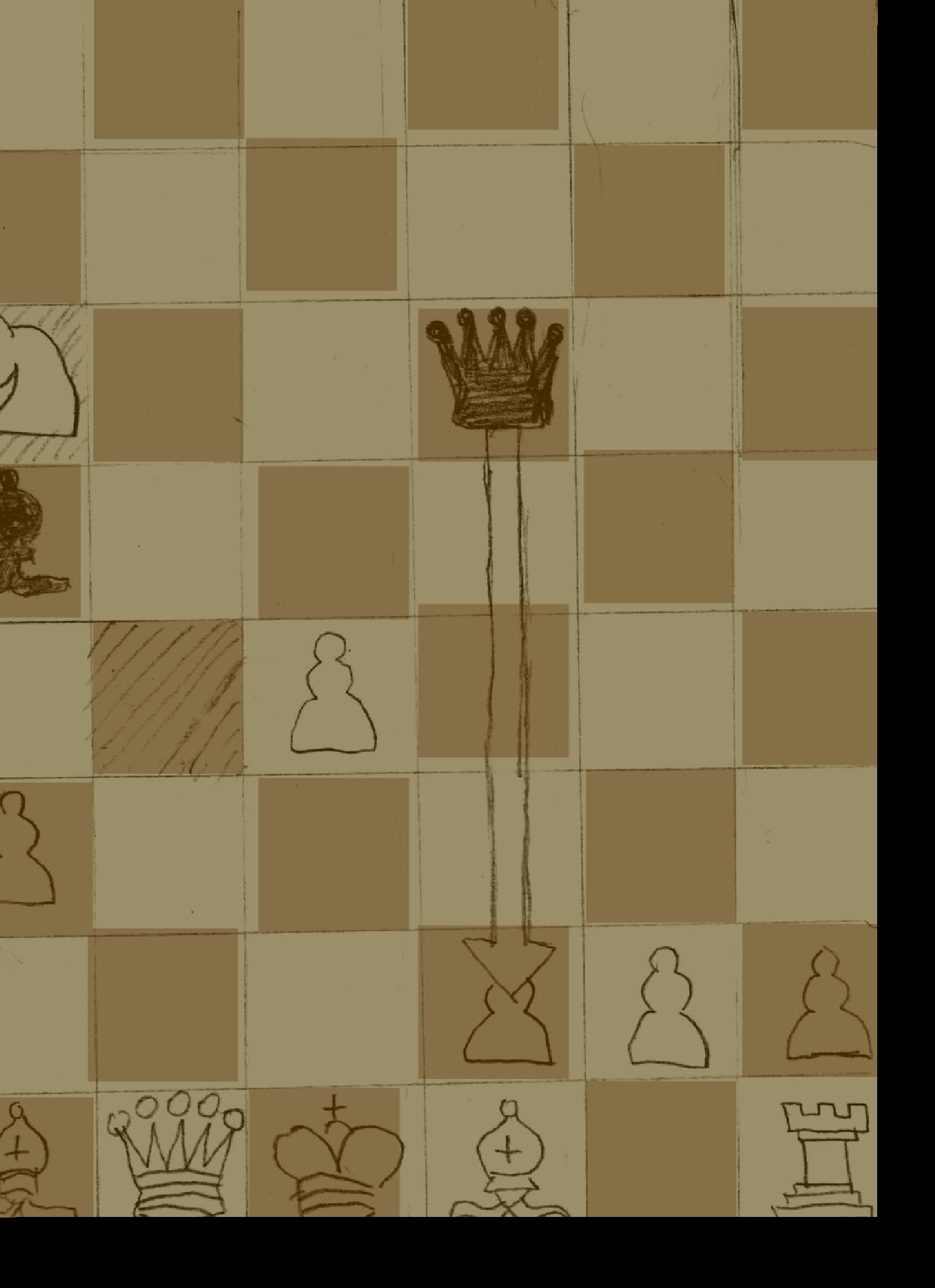
1 minute read
Adventure in Math and Technology
from Winter 2023 Edition
by scienceholic
Chess And Psychology
Now let us dive into a psychological analysis of the game of chess and how researchers are poking chess masters’ brains in order to understand the complexity of the game In the journal article “The Psychology of Chess and of Learning to Play It,” the author notes how chess players are driven to win each game, which results in the lengthy amount of time they take when calculating the outcomes of every move. When I say calculating in this case, it is a process in which a chess player tries to find the best outcome of every move and predict their opponent’s move following theirs This “ability to plan ahead” is influenced by previous matches the chess player may have had and used prior knowledge to make a wise decision. This often led to long hours spent outside of the game on analyzing an opponent’s plays and planning countermoves, which overtime, can burden a players mental health if they do not learn to take care of themselves
Advertisement
Although it is evident that chess players have adopted some remarkable talents, such as planning, is it true that playing chess will result in a higher IQ? In an article by Conversation, the Institute of Education tested the validity of this idea, but their results were quite surprising. The experiment showed that playing chess will not necessarily make you smarter. Although the results of this experiment are disputed, one mustn’t play chess to become smart, but rather for entertainment or out of curiosity
Feynman And Chess
The renowned Nobel laureate physicist Richard Feynman once said, “discovering the laws of physics is like trying to learn the laws of chess merely by observing chess games ” Chess is a lot like classical mechanics, in which you use your pieces and human thought to predict the outcome of an event. Still, sometimes in both chess and physics, the future cannot be calculated and can only be seen when time passes. Thomas Henry Huxley, an English Biologist, once said, “The chessboard is the world, the pieces are the phenomena of the universe, the rules of the game are what we call the laws of Nature, and the player on the other side is hidden from us”










